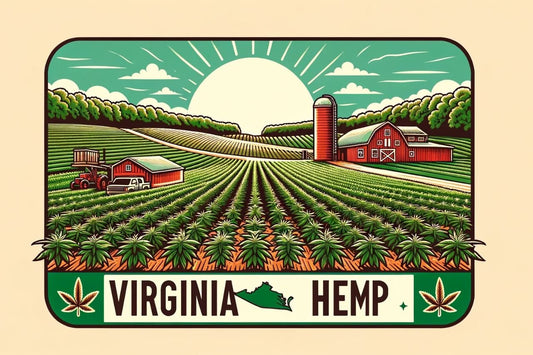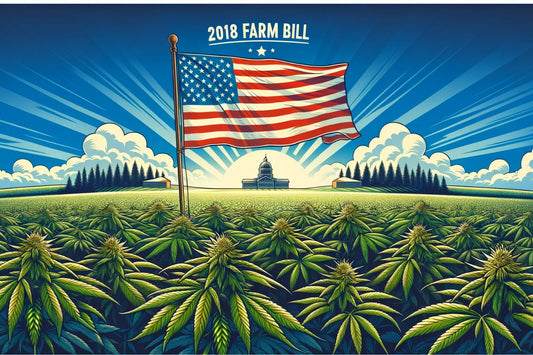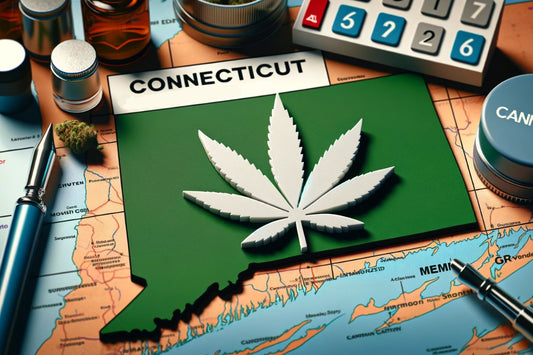Introduction to Virginia's marijuana legislation
In a significant move towards cannabis reform, Virginia lawmakers have introduced new legislation aimed at legalizing the sale of recreational marijuana by 2024. This development follows previous attempts that were hindered by political roadblocks, despite the state having legalized the use and possession of cannabis for adults in 2021. The current proposal, spearheaded by Del. Paul Krizek and Sen. Adam Ebbin, seeks to establish a regulated market, addressing both economic and social equity concerns.
The political landscape and legislative challenges
The path to legalization is fraught with political complexities. The Democratic-controlled Senate's previous proposal was stalled in the GOP majority House of Delegates. Now, with Democrats regaining control of both legislative chambers, there is renewed hope. However, the potential veto from Republican Governor Glenn Youngkin looms as a significant hurdle. The bill's success hinges on achieving a delicate balance that satisfies both legislative bodies and the governor's office.
Key provisions of the proposed legislation
The proposed bill, HB 698, outlines a comprehensive framework for the cannabis market in Virginia. It includes provisions for existing medical marijuana businesses to transition to adult-use operations, the establishment of a microbusiness licensing program focusing on social equity, and a taxation structure for cannabis sales. The bill also emphasizes indoor cultivation and mandates plain packaging for cannabis products, reflecting a cautious approach to market regulation.
Addressing social equity and market dynamics
A central aspect of the legislation is its focus on social equity. The microbusiness licensing program aims to provide opportunities for veterans and residents from areas historically impacted by marijuana policing. However, this approach has drawn criticism from advocacy groups like Marijuana Justice, who argue that the bill falls short in adequately addressing the needs of those directly impacted by previous cannabis-related criminal charges. The debate highlights the complexities of creating an equitable cannabis market that balances various interests and historical injustices.
Controversies and criticisms
Several aspects of the bill have sparked debate among stakeholders. Critics point out that the early market entry for existing medical marijuana businesses could disadvantage new entrants, potentially skewing the market in favor of established players. Additionally, the bill's provisions around equity, new criminal penalties, and the prioritization of certain business types have raised concerns about the true inclusivity and fairness of the proposed market structure.
Economic implications and taxation
The economic impact of legalizing recreational marijuana in Virginia cannot be understated. The bill proposes a 6 percent state tax on adult-use cannabis products, with local governments having the option to add an additional tax of up to 6 percent. This taxation strategy is expected to generate significant revenue, which could be channeled into various state programs and initiatives. However, the balance between generating revenue and ensuring affordability and accessibility remains a crucial consideration.
Regulatory framework and consumer safety
Under the proposed legislation, the Virginia Cannabis Control Authority would be responsible for overseeing the market. This includes setting regulations for licensing, packaging, lab testing, and establishing sanitary standards. The focus on consumer safety is evident in the requirement for plain packaging and stringent lab testing protocols, aimed at ensuring product quality and minimizing potential harms.
Public opinion and national trends
Public support for cannabis legalization has been growing both in Virginia and across the United States. National polls indicate a majority of Americans, including a significant portion of Republicans, favor legalization. This shifting public opinion is an essential backdrop to the legislative efforts in Virginia, reflecting a broader trend towards cannabis reform in the country.
The road ahead
The journey towards legalizing recreational marijuana in Virginia is emblematic of the broader challenges and considerations that come with cannabis reform . The bill's progress will be closely watched as it navigates the complex political landscape, balancing economic interests, social equity concerns, and public health considerations. The outcome in Virginia could have significant implications for the future of cannabis legislation both within the state and nationally.
Summary
As Virginia stands on the cusp of a major shift in its cannabis policy, the debates and decisions made in the coming months will be pivotal. The success or failure of this legislation will not only impact the state's cannabis market but also contribute to the ongoing national conversation about marijuana legalization and regulation.
- Virginia's legislative efforts towards cannabis reform reflect a growing national trend.
- The proposed bill balances economic, social equity, and public health considerations.
- The outcome of this legislation could influence future cannabis policies both in Virginia and across the United States.










